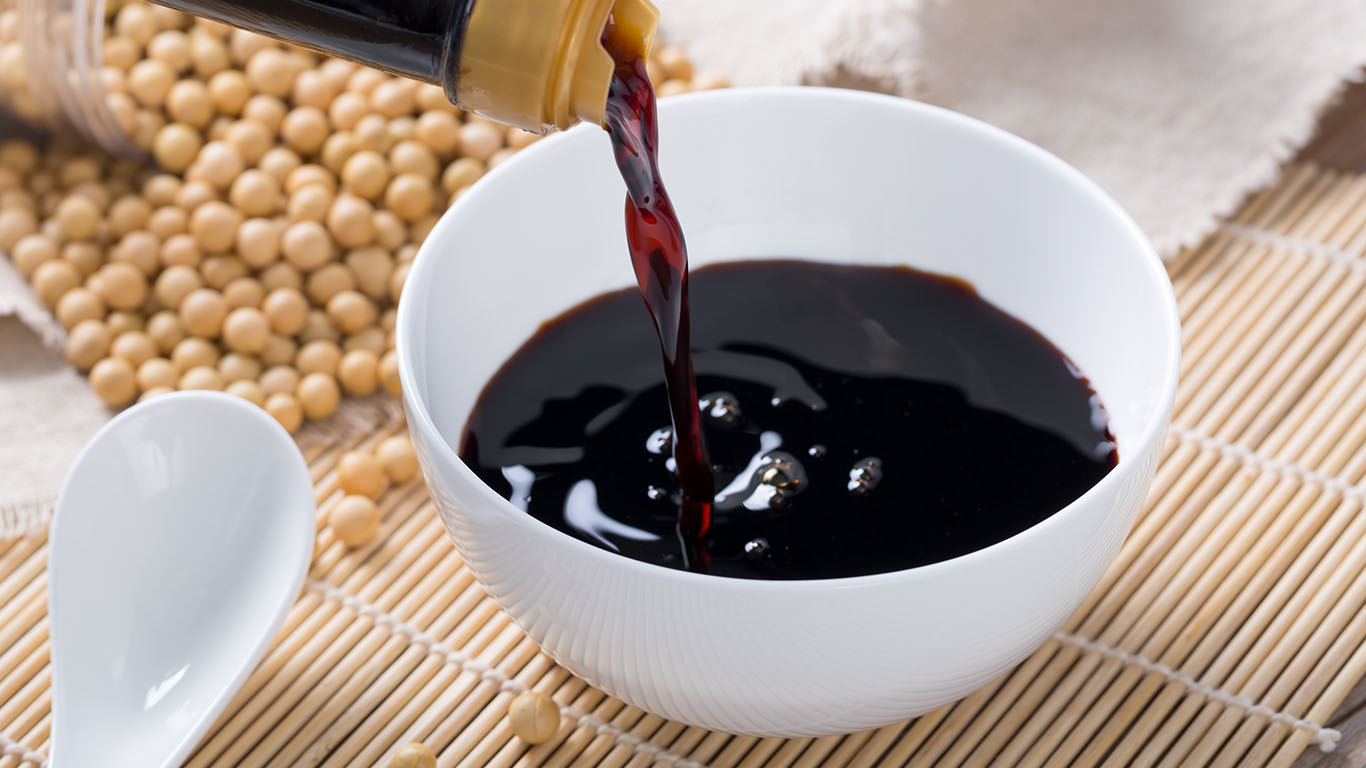Australia’s Northern Territory or NT, a 548,600-square-mile wedge of land bordered by the states of Queensland, South Australia, and Western Australia, has the highest rate of alcohol consumption in the country.
But will pulling soy sauce, teriyaki sauce, satay marinade, vanilla extract, and other similar products off grocery store shelves help the problem? Officials apparently think so.
“It has been brought to my attention that there may be retailers which are currently selling or offering for sale liquor products in unlicensed premises,” wrote Sally Ozolins, Director-General of Licensing for the NT, in a letter to several stores.
The problem is that soy sauce, made through the process of fermentation, contains trace amounts of alcohol — about 2% — as do sauces and marinades made with soy sauce, certain other condiments, and vanilla extract, as well as mouthwash.
Ozolins’ letter, according to Australia’s 9NEWS news site, stated that any product with an ABV above 1.15% can be sold only by outlets that have a liquor license. Theoretically, they will now have to be removed from the shelves of any shops that aren’t licensed to sell beer, wine, or spirits. This may seem extreme, but it would likely please health groups that have been pushing for warning labels on alcohol to include a common and deadly disease.
Julie Ryan, CEO of Retail Drinks Australia, an industry group representing retail liquor stores, called the situation “farcical,” and said that Ozolin was “essentially asserting that every pharmacy, petrol station and supermarket in NT is in breach of the Liquor Act.” She also questioned what the soy (etc.) ban would mean to teenagers working in food outlets that use these products.
This may not be an issue for long, though. There is currently a bill before the NT Parliament that would exempt non-beverage products from provisions of the Liquor Act. The bill is expected to be implemented on October 1.
A recent study showed that one in every 33 people in the NT has sought treatment for alcohol-related problems. It’s little wonder, then, that the territorial government is taking measures to address the problem — even though the percentage of excessive drinkers fails to reach the heights found in some areas of America. These are America’s drunkest states.
